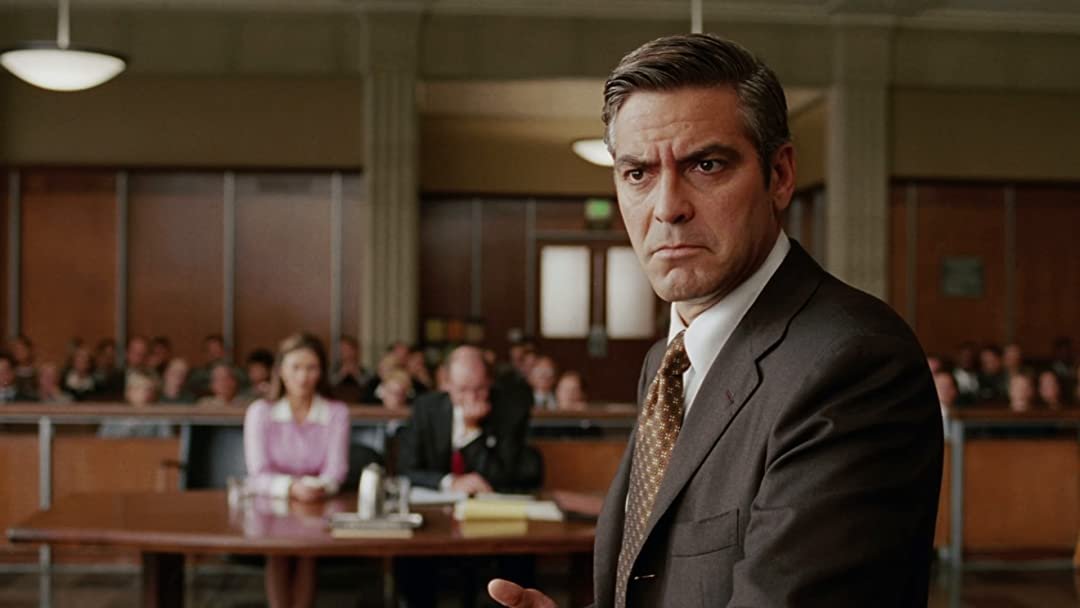Intolerable Cruelty (dir. Joel and Ethan Coen, 2003)- Review
It might seem melodramatic to call Intolerable Cruelty a 'neoclassical' screwball comedy. But Intolerable Cruelty is melodramatic by nature- crammed with the witty putdowns, quirky set pieces, and ridiculous headwear of the 'battle of the sexes' staged in 30's and 40's Hollywood.
The Coen Brothers turn their trademark fluency in classic cinema to an enduring source of public fascination: rich people and their sex lives. This particular spin on old-school marital comedy succeeds by conjuring the combined pantomime quality and sliver of realism which has kept the genre in fashion for thousands of years. This effort relies on two old-school movie stars, George Clooney and Catherine Zeta-Jones, to embody a whole cultural vocabulary of debonair lawyers, chain-smoking heiresses, and Chateau Marmont glamour from a bygone America. Fortunately, they prove more than capable of delivering the signature Coen vision. Presidents come and go, but apparently rich men, foxy women, and their lucrative legal jousts are the seat of real power in the US and beyond.
Marylin Rexroth (Zeta-Jones) is a finely tuned gold-digging machine. Miles Massey (Clooney) is the best divorce attorney in the business, proud father of the impenetrable 'Massey prenup'. Selfish, vain, and gluttonously amoral, the two clash first in a professional capacity- as Miles deprives Marilyn of the divorce payout she has so carefully arranged- and next in a private one, as Marilyn lures him into a personal entanglement to take her brutal revenge. The bickering, plotting, incompetence, and attempted murder that ensue are staples of the rom-com canon, from Shakespeare to Cary Grant. But like the best works of the genre, beneath the pulpy, vapid titillation afforded by a focus on the timeless lust for sex and money, Intolerable Cruelty has a bite to it.
Over the centuries, rom-coms have served as a cultural coping mechanism for a perennial source of resentment: the disappointing reality of marriage. Simultaneously, though, they channel the equally persistent fantasy of 'true love' which makes this marital reality so disappointing. The best examples deploy the grim futility of this Sisyphean back-and-forth to comic effect, by playing up the flavour of a specific setting against the choreographed drudgery of a timeless, pointless battle which, by genre consensus, can't be won. Amidst its barrage of crackling courtroom exchanges and slapstick chicanery, and its visual language of standard poodles, marble casinos, and French lingerie, Intolerable Cruelty emerges as an ironic and grotesque mockery of the American judicial system, and its own particular distortion of the institution of unhappy matrimony.




